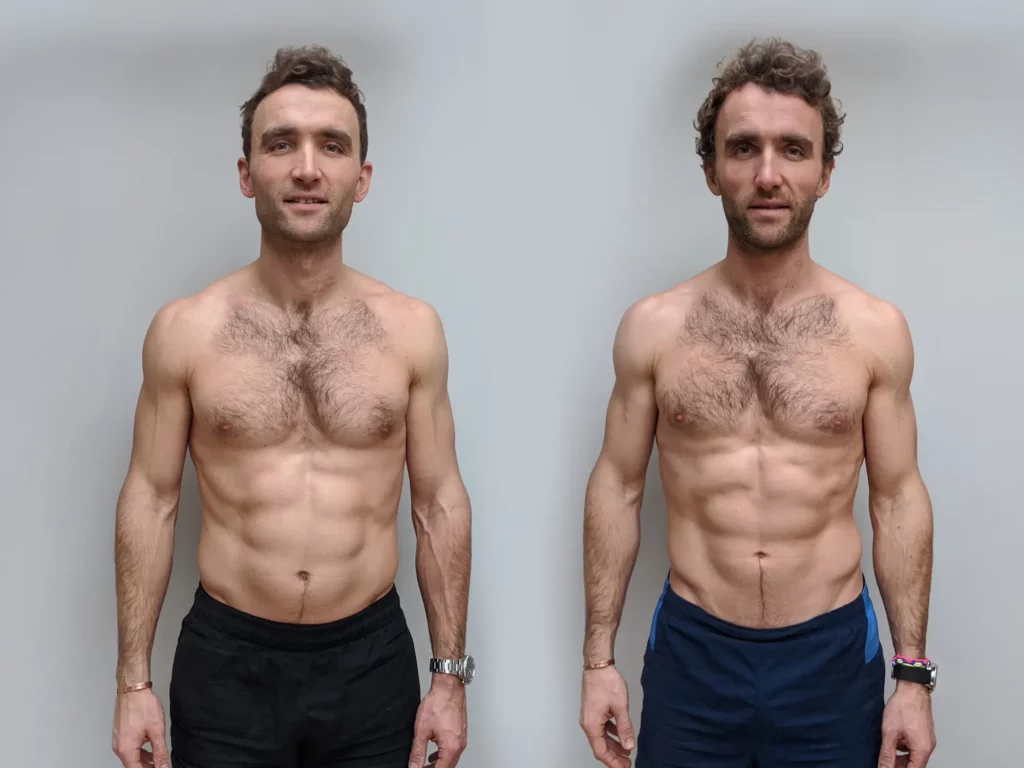The debate about whether a vegan diet is healthier than a diet that includes meat and dairy has been a topic of discussion for many years. While there are certainly arguments for both sides, there is evidence to suggest that a vegan diet can be a healthier choice for some people.
One of the most significant advantages of a vegan diet is that it tends to be lower in saturated fats and cholesterol than a diet that includes meat and dairy. Saturated fats and cholesterol can increase your risk of developing heart disease and other health conditions. When you consume a plant-based diet, you are consuming foods that are typically lower in saturated fats and cholesterol. In fact, a study published in the American Journal of Clinical Nutrition found that vegans had lower levels of LDL cholesterol, which is the “bad” cholesterol that can increase your risk of heart disease.
Additionally, a vegan diet is generally higher in fiber, vitamins, and minerals than a diet that includes meat and dairy. Fiber is an essential nutrient that can help regulate your digestion and keep you feeling full. It is found in abundance in plant-based foods such as fruits, vegetables, whole grains, and legumes. These foods are also rich in essential vitamins and minerals that are necessary for good health.
A vegan diet has also been linked to a lower risk of developing certain types of cancer. According to a study published in the American Journal of Clinical Nutrition, a vegan diet can help reduce your risk of developing colon cancer, while another study published in the Journal of the Academy of Nutrition and Dietetics found that vegans had a lower risk of developing prostate cancer.

Courtesy of Hugo and Ross Turner
Another potential advantage of a vegan diet is that it can help you maintain a healthy weight. Because plant-based foods are typically lower in calories and higher in fiber, they can help you feel full and satisfied without overeating. This can make it easier to maintain a healthy weight and reduce your risk of developing obesity-related health problems such as type 2 diabetes, high blood pressure, and heart disease.
While a vegan diet can offer many potential health benefits, it’s important to note that it is not necessarily the best choice for everyone. Some people may find that they need additional nutrients that are harder to obtain from a vegan diet, such as vitamin B12 and iron. However, it is possible to get these nutrients from fortified foods and supplements.
In conclusion, a vegan diet can be a healthy and nutritious choice for many people. It is typically lower in saturated fats and cholesterol than a diet that includes meat and dairy, and it is higher in fiber, vitamins, and minerals. Additionally, a vegan diet has been linked to a lower risk of developing certain types of cancer and can help you maintain a healthy weight. If you’re considering switching to a vegan diet, it’s a good idea to talk to a healthcare provider or a registered dietitian to make sure you’re getting all the nutrients you need.




